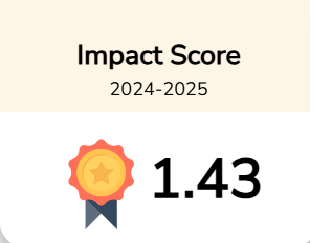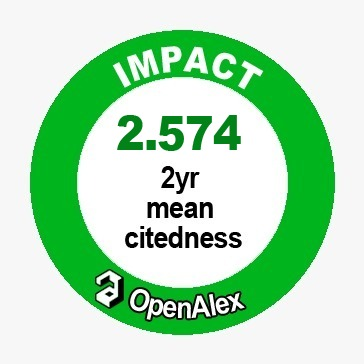Parenting program to strengthen the self-efficacy of mothers and caregivers of children with developmental disabilities in a rural district in South Africa
Downloads
Purpose: This study investigated the change in self-efficacy and parenting stress of mothers and caregivers raising children with developmental disorders (DD) after participating in an intervention program to strengthen parents' self-efficacy.
Design/Methodology/Approach: The present study used a two-group pre-test and post-test design. Block randomization was used to assign participants who participated in the adapted confident parent program (n=11) and a control group that received routine rehabilitation services (n=8). A self-reporting questionnaire and two measure tools, the Parenting Sense of Competence Scale (PSOC) and the Parental Stress Index (PSI-SF) were completed by participants to collect baseline and post-intervention data. A statistically significant difference between the groups was analysed using the paired sample t-test. An ANOVA was used to calculate the effect of the independent variable.
Findings: The PSOC mean for the intervention group increased by 10.3 and was statistically significant (p=0.005, 95%CI: -16.97; -3.53) following the intervention program. The PSI-SF mean for the control group remained higher than that of the intervention group by 36.8 scores after the program and was statistically significant (p=0.000, 95%CI: 24.36; 49.39).
Conclusion: The findings of this study showed that the confident parent program effectively increased parenting self-efficacy in parenting a child with externalized behaviour with positive effects on parental stress for parents and caregivers raising children with DD.
Research Implication: This study highlighted the need to adopt strategies that transform practice and enhance the quality of life of parents raising children with DD. It advocates for the introduction and implementation of parenting support programs designed to strengthen parental self-efficacy.





